Dilip Kumar is to Hindi cinema what Mahatma Gandhi was to India’s Freedom movement. He defines the very core of the art, bringing into his performances a method and naturalness far ahead of his times. To pick the 10 finest performances of the perfectionist performer is not easy. We can only try: Andaz (1949)  Screengrab from Andaz. YouTube Dilip Kumar played a man who mistakes a woman’s friendship for something more. A past master at playing dark tormented characters, Dilip sa’ab’s portrayal of the male ego was so tangible, it was as if we were watching a man in conversation with his conscience. Deedar (1951) [caption id=“attachment_2542262” align=“alignnone” width=“825”] 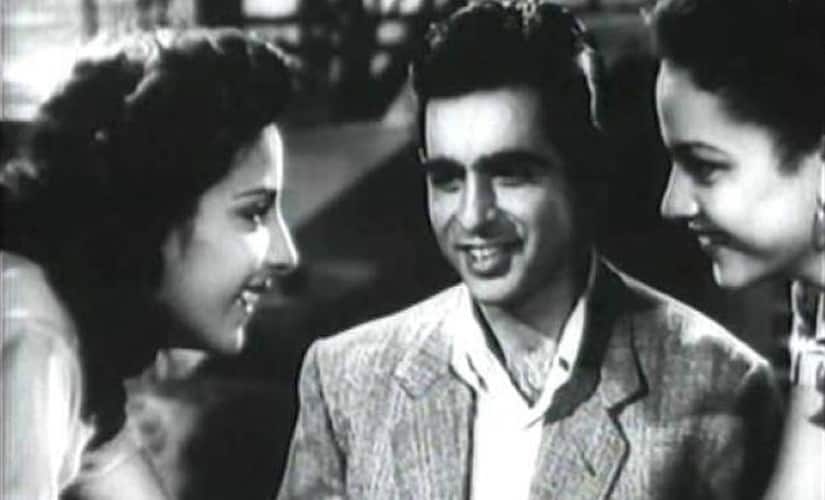 Screengrab from Deedar. YouTube[/caption] Deedar is notable for Dilip Kumar’s portrayal of a blind man. In the film, Kumar was so real it seemed the actor had actually shut out all light to feel his character’s pain. Years later, Naseeruddin Shah achieved the same level of realism in Sparsh. Amar (1954) [caption id=“attachment_2542298” align=“alignnone” width=“825”]  Screengrab from Amar. YouTube[/caption] Dilip Kumar dared to play a rapist in this film about the dark shadows in the human heart. Drawing a fine line between love and lust, Dilip sa’ab’s character study was replete with deep layers that went far beyond the plot. Devdas ( 1955) [caption id=“attachment_2542264” align=“alignleft” width=“825”] 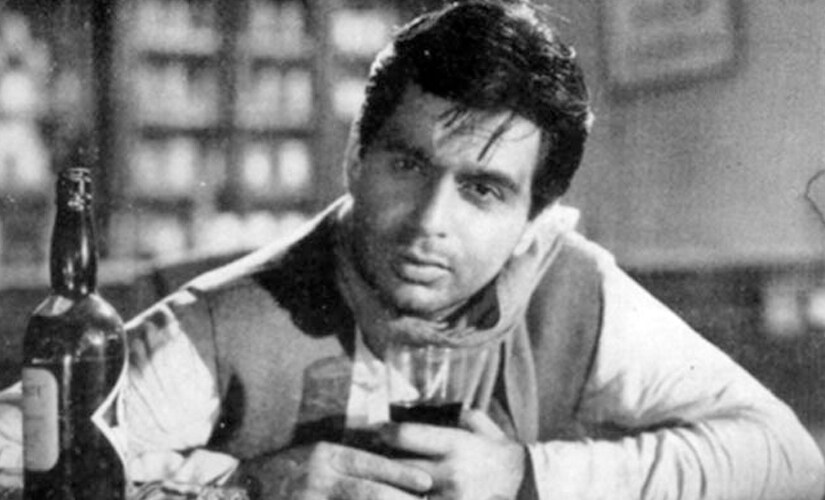 Screengrab from Devdas. YouTube[/caption] The ultimate saga of the loser-hero was made monumentally memorable by Dilip Kumar’s performance in Devdas, where he plays Saratchandra’s defeatist, self-destructive hero. It is regarded by many as the finest performance by a male actor in Indian cinema. Shah Rukh in Sanjay Bhansali’s Devdas could only try to match up to Dilip Kumar. Madhumati (1958) [caption id=“attachment_2542302” align=“alignnone” width=“825”]  Screengrab from Madhumati. YouTube[/caption] After doing a series of dark complex characters, Dilip Kumar decided to unwind for the sake of sanity with Madhumati (and several other light hearted film like Kohinoor, Azad, Leader and Ram Aur Shyam). Dilip Kumar thoroughly enjoyed being on screen with one of his favourite co-stars Vyjanthimala. Mughal-e-Azam (1960) [caption id=“attachment_2542266” align=“alignnone” width=“825”] 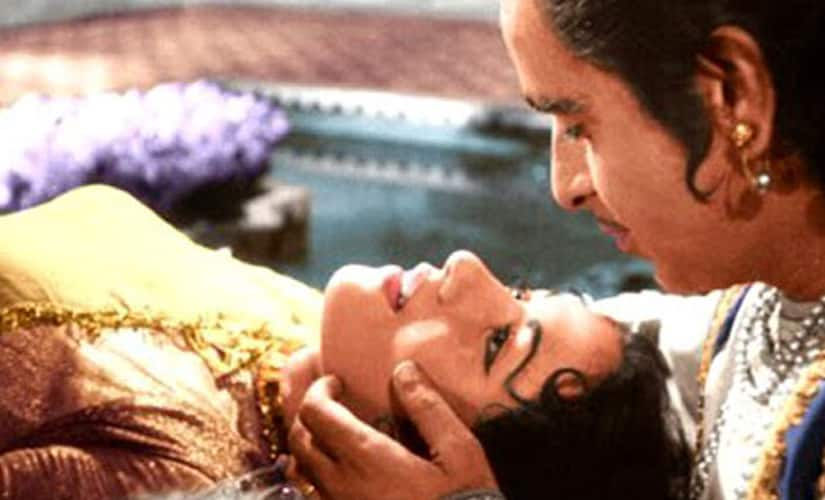 Screengrab from Mughal-e-Azam[/caption] Dilip Kumar’s Prince Salim was the epitome of royal arrogance and dignity. Love never seemed more unattainable, probably because Anarkali was played by Madhubala, the woman Dilip Saab loved and lost in real life. Though he made a fabulous pair with several leading ladies, Madhubala was the ultimate romantic foil to Dilip Kumar. Ganga Jumna (1960) [caption id=“attachment_2542274” align=“alignnone” width=“825”] 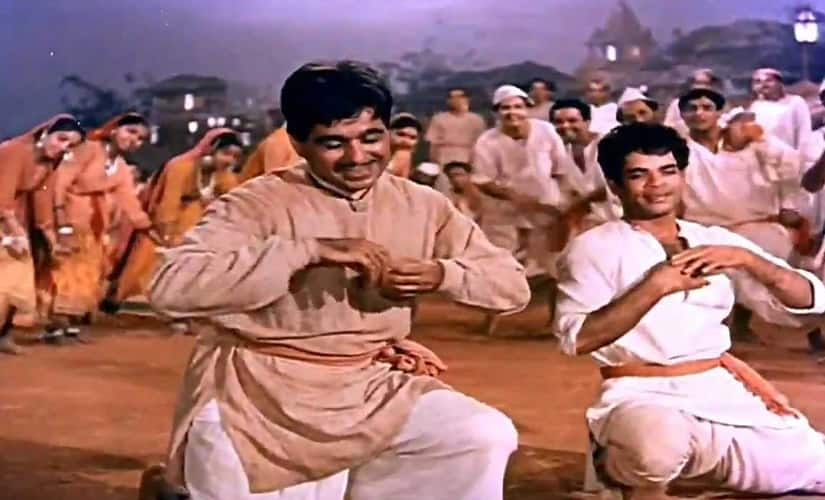 Screengrab from Ganga Jamuna. YouTube[/caption] The story of two brothers, played by Dilip Kumar and his real-life sibling Nasir Khan, warring in the Chambal Valley, is a role many consider Dilip Kumar’s best to date. As the outlaw on the run, Dilip Kumar’s delivery of the Awadhi dialogues was exhilarating enough to earn this film a place among the biggest trendsetters of all times. Though officially credited to Nitin Bose for direction, the entire film was ghost-directed by Dilip sa’ab. Yash Chopra’s Deewaar was most directly inspired Ganga Jumna. Ram Aur Shyam (1967) [caption id=“attachment_2542306” align=“alignnone” width=“825”] 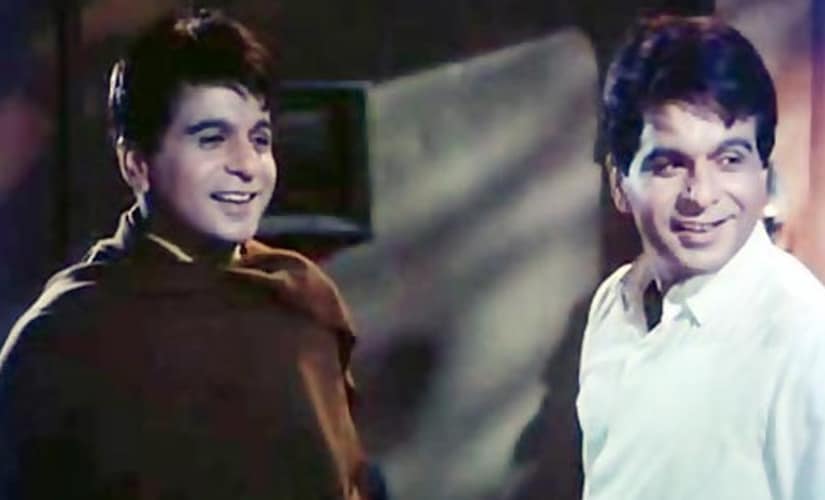 Screengrab from Ram Aur Shyam. YouTube[/caption] A year ahead of Dilip Saab’s angst-laden performance in Dil Diya Dard Liya, in Ram Aur Shyam, Dilip Saab played a double role of the timid and the tempestuous twins with so much relish, it seemed the cinematic double role had been invented specially for him. Sagina (1970) [caption id=“attachment_2542310” align=“alignnone” width=“825”] 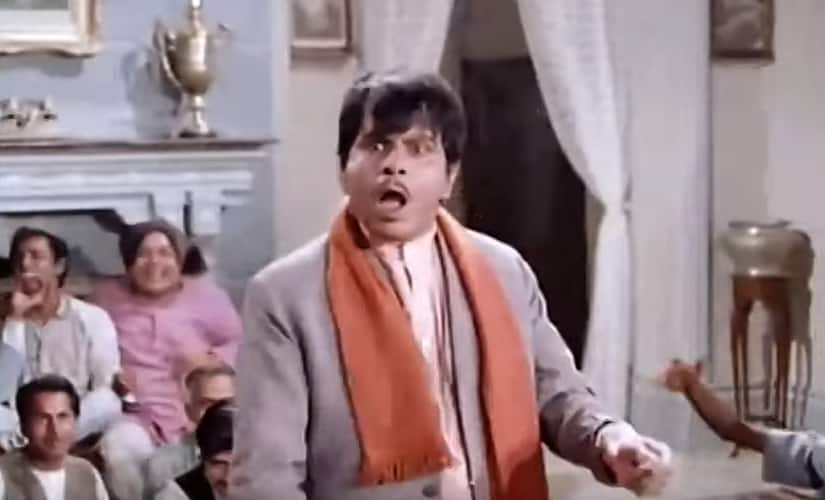 Screengrab from Sagina. YouTube[/caption] Tapan Sinha’s Hindi remake of his Bengali film Sagina Mahato also starred Dilip Kumar. Though a bit too old to play the firebrand, he was in his element in wife Saira Banu’s company. This is the only film where Kishore Kumar got to sing for Dilip Kumar in Sala main toh sahib ban gaya. Shakti (1982) [caption id=“attachment_2542316” align=“alignnone” width=“825”] 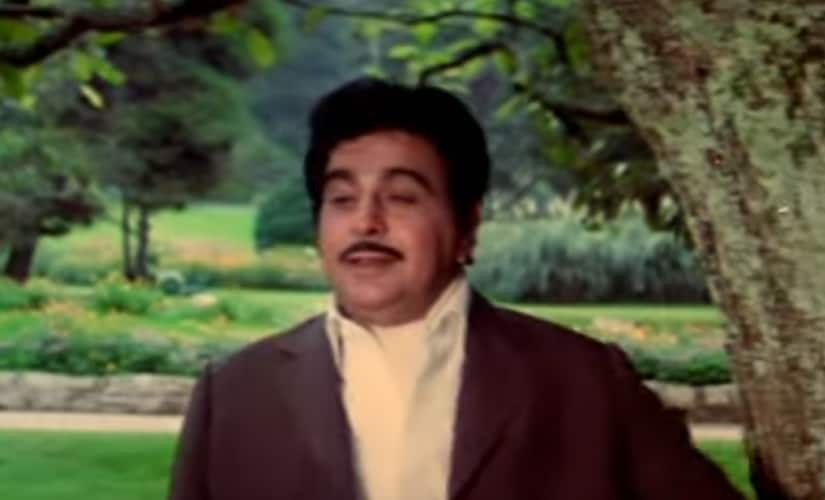 Screengrab from Shakti. YouTube[/caption] Dilip sa’ab’s last great performance as a cop divided between duty and family obligations is in Shakti. Amitabh Bachchan, a self-proclaimed fan happily allowed him to take centre stage. The rest was his terrain
Dilip Kumar is to Hindi cinema what Mahatma Gandhi was to India’s Freedom movemen
Advertisement
End of Article
Written by Subhash K Jha
Subhash K Jha is a Patna-based journalist. He's been writing about Bollywood for long enough to know the industry inside out. see more


)
)
)
)
)
)
)
)
)



